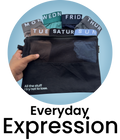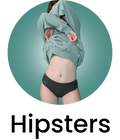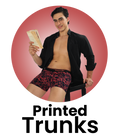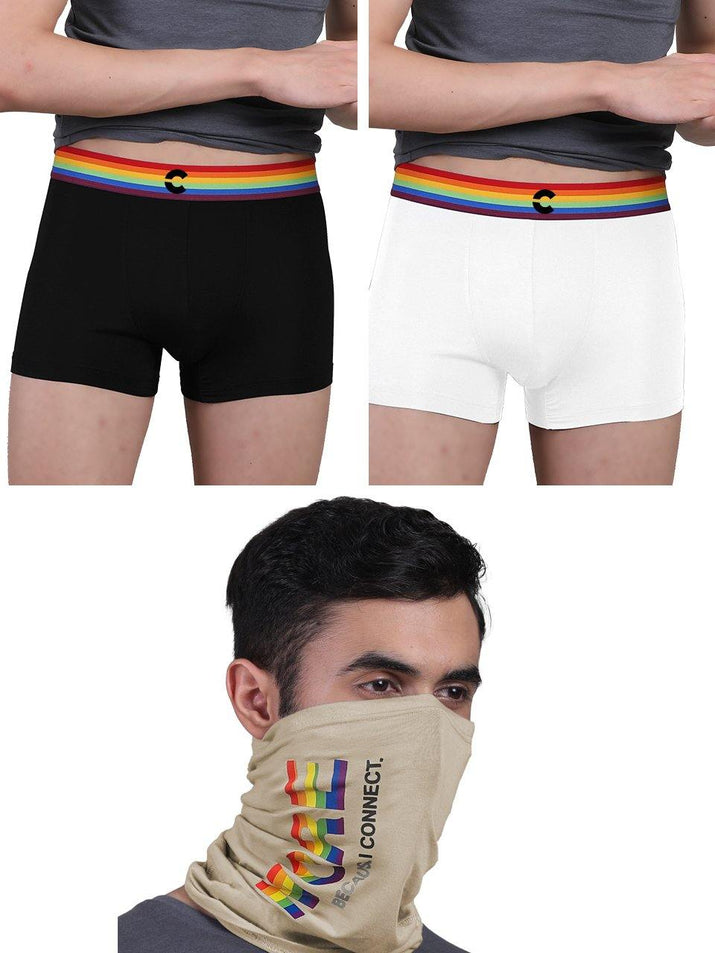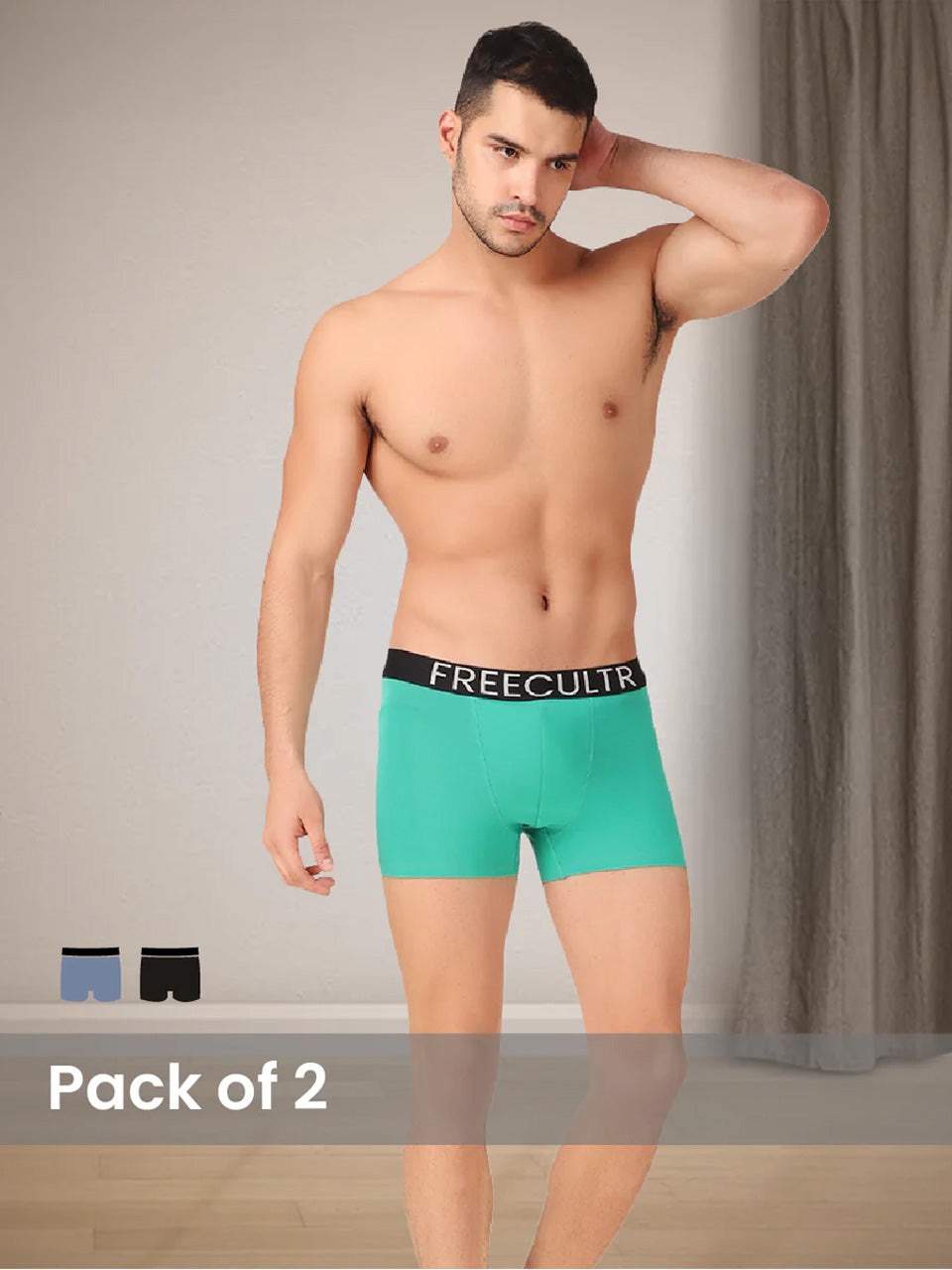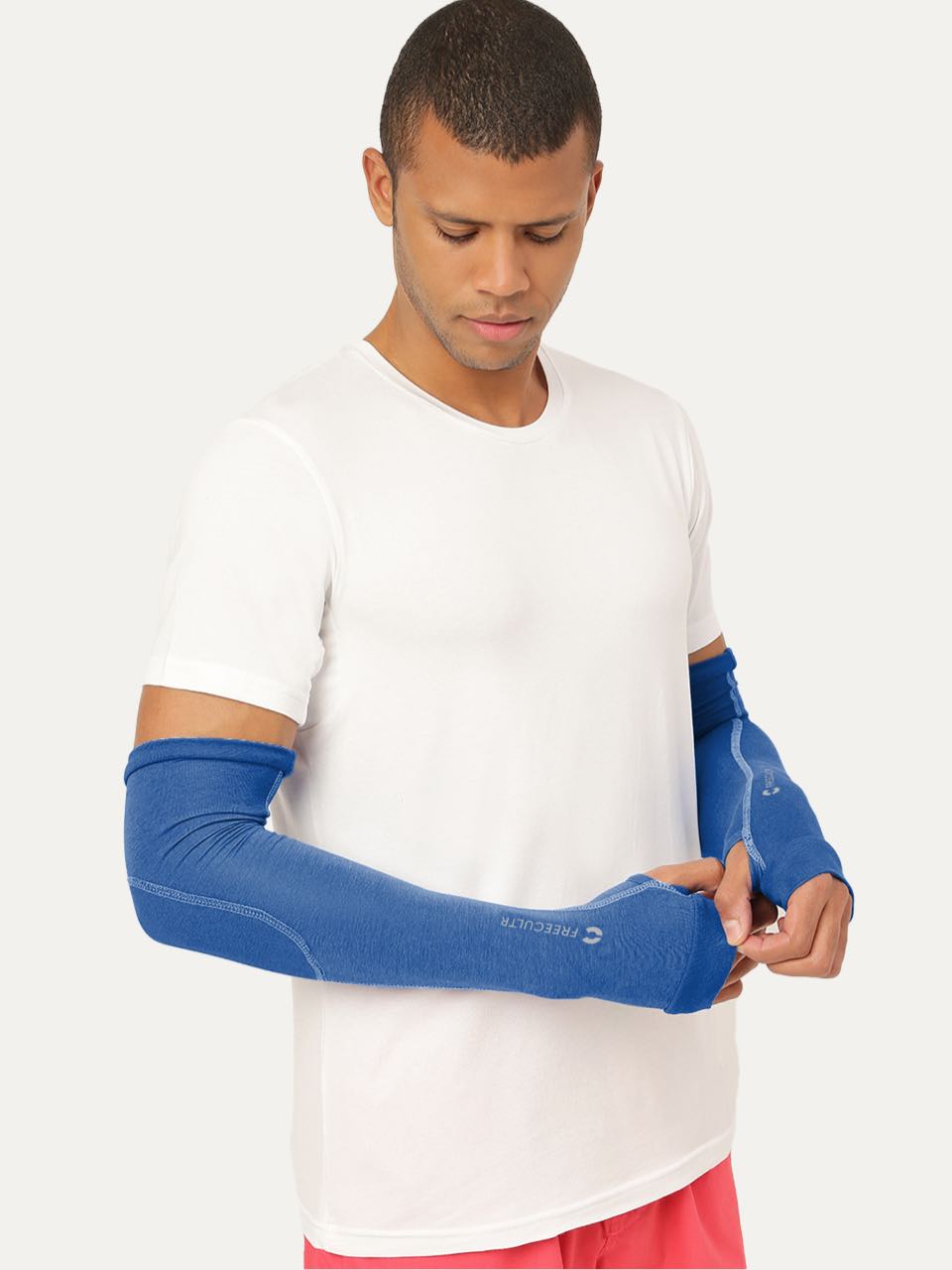
The Enduring Appeal of the Bandana: A Historical Perspective
A simple square of fabric, often patterned, the bandana has transcended its utilitarian roots to become a versatile and iconic accessory. Derived from the Hindi word "bandhnu," meaning "to tie," the bandana's history is as rich and varied as its many uses. Originally, these vibrant cloths were a product of dyeing techniques from India, making their way to Europe and then the Americas through trade routes. Early iterations were often used by cowboys, farmers. Laborers for highly practical purposes, serving as protection against dust, sun. Sweat. Their robust cotton construction made them ideal for demanding physical work. Over centuries, the bandana evolved from a purely functional item into a symbol of identity, rebellion. Ultimately, a staple in men's fashion. Its enduring popularity lies in its simplicity, adaptability. The myriad ways it can be worn, offering both practical benefits and a distinct stylistic edge.Beyond Style: The Practical Applications of a Bandana for Men
While often recognized for its aesthetic contribution, the bandana's utility is truly where its legend began. For men, it offers a surprising array of practical benefits, making it an indispensable item for various activities and environments. The inherent properties of cotton, the most common bandana material, lend themselves well to these uses, providing significant comfort.- Sweat Management Whether you're working out, hiking a trail, or simply enduring a hot summer day, a bandana wrapped around the forehead or neck effectively absorbs perspiration. This keeps sweat out of your eyes and off your face, enhancing comfort and focus during physical exertion. For instance, marathon runners often tie one around their wrist for quick sweat wipes.
- Sun Protection The sun's harmful UV rays are a constant concern. A bandana provides a lightweight barrier against direct sunlight, protecting sensitive areas like the neck, scalp (especially for those with thinning hair). Face. Tying it as a head covering or neck gaiter can prevent sunburn and reduce heat exposure.
- Dust and Wind Protection For motorcyclists, cyclists, or anyone in dusty or windy conditions, a bandana pulled up over the nose and mouth acts as a rudimentary filter, preventing inhalation of dust, pollen. Debris. It also offers a welcome shield against chilling winds, adding a layer of comfort.
- Emergency Aid In a pinch, a clean bandana can serve as a makeshift bandage, tourniquet, sling, or even a pre-filter for water. Its robust yet pliable fabric makes it surprisingly versatile for minor first aid situations. Backpackers and survivalists often include one in their kits for this very reason.
- Cooling Aid Dampen a bandana with cool water and tie it around your neck or wrist during hot weather. As the water evaporates, it draws heat away from the body, providing a simple yet effective cooling sensation. This is particularly useful for outdoor workers or athletes.
- Hair Control For men with longer hair or those who prefer to keep their hair out of their face during activities, a bandana can be tied as a headband or cap, providing excellent hair control and preventing strands from obstructing vision.
Elevating Your Look: Bandanas as a Men's Fashion Statement
The bandana's journey from workwear to high fashion is a testament to its versatility and timeless appeal. In men's fashion, it offers a unique blend of rugged charm and refined elegance, allowing for personal expression and adding a distinctive touch to any ensemble. The way a man chooses to wear a bandana can instantly communicate his style, whether it's laid-back casual or edgy sophisticated.The key to integrating a bandana into your wardrobe lies in understanding color, pattern. Placement. Classic paisley remains popular. Modern bandanas come in an endless array of prints, from geometric and abstract to solid colors and subtle textures, offering immense flexibility for fashion.
Consider these examples:
- The Casual Edge For a relaxed look, a bandana tied loosely around the neck or wrist can inject a subtle pop of color or pattern. Paired with a simple t-shirt, jeans. Sneakers, it adds a touch of thoughtful detail without being overpowering. This approach emphasizes effortless fashion and comfort.
- The Rugged Gentleman Worn tucked into a denim shirt or under a leather jacket, a dark-colored or classic paisley bandana evokes a sense of vintage Americana and masculine ruggedness. It complements workwear-inspired outfits, adding character and depth.
- The Modern Sophisticate Don't limit bandanas to casual wear. A silk or high-quality cotton bandana in a solid color or a minimalist pattern can be folded and worn as a pocket square, adding a touch of sprezzatura to a blazer or suit. This elevates formal wear with a hint of rebellious charm, showcasing a sophisticated approach to fashion.
- The Urban Aesthetic Tied around the head as a headband or under a cap, the bandana can contribute to an urban, streetwear-inspired look. This style often favors bolder patterns or monochrome bandanas, aligning with contemporary fashion trends that prioritize comfort and bold statements.
Selecting Your Perfect Bandana: Materials, Patterns. Size
Choosing the right bandana involves more than just picking a color you like. Understanding the differences in materials, patterns. Size will help you select a bandana that not only looks good but also serves your intended purpose, maximizing both fashion and comfort.- Materials
- Cotton This is by far the most common material for bandanas. Cotton is breathable, absorbent, durable. Relatively inexpensive. It's excellent for practical uses like sweat absorption and sun protection. Its soft feel ensures comfort against the skin. Most traditional bandanas are 100% cotton.
- Silk More luxurious and often pricier, silk bandanas offer a smoother texture and a subtle sheen. They are less absorbent than cotton but provide a more refined aesthetic, making them ideal for fashion-forward looks, such as a necktie substitute or pocket square. They offer a different kind of comfort—soft and smooth.
- Polyester Blends Sometimes used for specific performance needs, polyester blends can offer quick-drying properties or enhanced durability. But, they may not be as breathable or absorbent as pure cotton, potentially compromising comfort in certain situations.
- Patterns
- Paisley The quintessential bandana pattern, paisley is timeless and versatile. Its intricate, swirling teardrop motif adds a classic, often rugged, touch.
- Solid Colors For a minimalist or more formal look, solid-colored bandanas are an excellent choice. They can easily complement existing outfits without competing for attention.
- Geometric & Abstract Modern bandanas often feature contemporary geometric shapes, stripes, or abstract designs, appealing to those with a more avant-garde fashion sense.
- Novelty & Themed From pop culture references to nature motifs, novelty bandanas allow for personal expression and can add a playful element to an outfit.
- Size
- Standard bandanas are typically square, measuring around 20x20 inches (50x50 cm) to 22x22 inches (55x55 cm). This size is highly versatile for most common knots and uses.
- Larger bandanas (e. G. , 27x27 inches or more) are sometimes available and offer more fabric for specific styles like head wraps, full face coverings, or more elaborate knots.
- Smaller squares might be found, often intended specifically as pocket squares or for very subtle wrist ties.
Mastering the Knot: Popular Ways to Wear a Bandana
The true magic of the bandana lies in its adaptability, largely determined by how it's tied. Experimenting with different knots and placements can dramatically alter your look and leverage its practical benefits. Here are some of the most popular and actionable ways men wear bandanas:- Around the Neck (Classic Cowboy/Neckerchief)
- Fold Lay the bandana flat and fold it diagonally to form a triangle.
- Roll Starting from the longest edge, roll the bandana towards the point, creating a long, narrow band.
- Tie Place the center of the rolled bandana at the front of your neck, bring the ends around to the back. Tie a simple knot. You can leave the knot visible at the front for a casual look or tuck it under for a cleaner finish. This provides excellent sun protection for the neck and adds a touch of rugged fashion.
- On the Head (Headband/Headwrap)
- Fold Fold the bandana into a narrow strip (about 2-3 inches wide).
- Tie Place the center of the strip against your forehead (just above the eyebrows or hairline), bring the ends around the back of your head. Tie a double knot securely. This is great for sweat absorption and keeping hair out of your face, offering practical comfort during activities.
- Alternative For a full headwrap, place the unfolded bandana over your head, bring opposite corners together under your chin, cross them. Tie them at the back of your head.
- Around the Wrist
- Fold Fold the bandana into a narrow strip.
- Wrap Wrap the strip around your wrist one or more times, depending on the desired look and length.
- Tie Tie a simple knot to secure it. This is a subtle yet effective way to add a pop of color or pattern to an outfit. It's readily available for quick sweat wipes or other practical uses.
- As a Pocket Square
- Fold This method involves precise folding. Popular folds include the classic puff fold, the straight fold, or the corner-up fold.
- Placement Tuck the folded bandana into the breast pocket of a blazer or suit jacket. This is a refined way to incorporate a bandana into more formal attire, adding a touch of personal flair and fashion.
- On a Bag or Belt Loop
- Tie Simply tie the bandana onto the strap of a backpack, the handle of a tote bag, or a belt loop on your jeans. This adds a casual, decorative element and keeps the bandana handy for impromptu use.
Caring for Your Bandana: Ensuring Longevity and Hygiene
To ensure your bandana remains a stylish and practical accessory for years to come, proper care is essential. Given its frequent contact with skin, sweat. Environmental elements, regular cleaning is paramount for both longevity and hygiene.- Washing
- Machine Wash Most cotton bandanas are machine washable. Use cold water and a gentle cycle to prevent shrinking and color fading, especially for brightly colored or patterned bandanas.
- Separate Colors Wash new bandanas, especially red ones, separately for the first few washes to prevent dye bleeding onto other garments.
- Mild Detergent Use a mild, color-safe detergent. Avoid harsh chemicals or bleach, which can damage fibers and fade colors.
- Hand Wash (for delicate materials) For silk bandanas or those with intricate details, hand washing in cool water with a gentle soap is recommended. Gently squeeze out excess water, do not wring.
- Drying
- Air Dry The best method for drying bandanas is to air dry them. Hang them or lay them flat to dry to prevent shrinkage and maintain their shape. This also helps preserve the fabric's integrity and comfort.
- Low Heat Tumble Dry If using a dryer, opt for a low heat setting. High heat can cause cotton to shrink and fade over time.
- Ironing
- Cotton bandanas can be ironed on a medium-hot setting to remove wrinkles and restore crispness. For silk, use a very low heat setting or a silk-specific setting. Ironing can make a bandana look sharper for fashion purposes, especially when worn as a pocket square or neckerchief.
- Storage
- Store bandanas folded neatly or rolled to prevent excessive wrinkling. Keep them in a clean, dry place away from direct sunlight to prevent fading.
The Bandana in the Modern Wardrobe: Versatility and Cultural Impact
The bandana's journey from a humble utility item to a prominent fashion accessory reflects its incredible adaptability and enduring cultural significance. In the modern wardrobe, it stands as a testament to the power of simple accessories to convey complex messages and enhance personal style. From its roots in agricultural work and cowboy culture, it found its way into counter-culture movements, symbolizing everything from rebellion in the biker community to solidarity in protest movements. It gained prominence in music scenes, particularly hip-hop and rock, where it was adopted by artists and fans alike as a statement of identity and fashion.Today, the bandana has been embraced by high fashion designers and everyday style enthusiasts. Its versatility allows it to seamlessly integrate into various aesthetics, from minimalist to bohemian, streetwear to classic Americana. This broad appeal is precisely why it continues to capture attention and deliver on its promise of both practical comfort and stylistic flair. The bandana encourages individuality; it's not just about covering your head or wiping sweat. About crafting an image, expressing a mood, or adding a final, thoughtful touch to an outfit. Its continued relevance ensures that this simple square of cloth remains a powerful and accessible tool for men looking to enhance their fashion and experience greater comfort in their daily lives.
Conclusion
The bandana for men transcends mere fabric; it’s a dynamic tool for both individual expression and practical utility. This unassuming square is enjoying a resurgence in modern streetwear and outdoor adventuring, proving its versatility beyond a simple accessory. Whether you're shielding from sun on a hiking trail, managing sweat during a workout, or adding a pop of color to a casual outfit, its value is undeniable. My personal tip? Always keep a clean bandana tucked into your bag or pocket. I’ve found it invaluable for everything from an unexpected bad hair day to a makeshift face covering in dusty conditions. Don't be afraid to experiment: try a classic necktie for a rugged look, a wrist wrap for a subtle accent, or a headwrap for ultimate sun protection. Embrace the bandana’s blend of timeless cool and functional adaptability; it’s a small addition that yields significant style and practical benefits, empowering you to tackle any day with confidence.More Articles
Bandana – Versatile Style & Protective CoverageMen's Briefs – Secure Fit & Superior Comfort
Men's Trunks – Ultimate Support & Quick-Drying Fabric
Tank Top – Lightweight Feel & Moisture-Wicking Material
Tees – Soft Comfort & Durable Fabric
FAQs
What's the main idea behind a guy wearing a bandana?
Bandanas for men are super versatile! They're great for adding a cool, stylish touch to an outfit. They also offer practical benefits like protecting your head or neck from sun, dust, or sweat. Think of them as a blend of fashion and function.
How can a guy actually wear a bandana without looking silly?
There are tons of ways! You can tie it around your neck as a casual scarf, fold it into a headband to keep hair out of your face, wear it as a wristband, or even tie it to your belt loop for a subtle accent. Experiment to find what fits your style and comfort.
Is it just for looks, or does a bandana actually do anything useful?
Definitely useful! Beyond the style factor, bandanas are excellent for practical protection. They can absorb sweat during workouts, shield your scalp from harsh sun, keep dust out of your face, or even provide a bit of warmth around your neck in cooler weather.
What kind of fabric should I look for in a good men's bandana?
Most often, you'll find bandanas made from 100% cotton. Cotton is breathable, absorbent. Soft, making it comfortable for various uses. Some might also be blends or other materials. Cotton is a classic choice for its durability and feel.
How do I keep my bandana clean and looking good?
Luckily, bandanas are pretty low-maintenance. Most can be machine washed with similar colors in cold water and then tumble dried on low or air-dried. Check the specific care label if it has one. Generally, they're very easy to care for.
Can I wear a bandana with different types of clothes?
Absolutely! Bandanas are incredibly versatile. They can complement a casual t-shirt and jeans look, add a rugged touch to workwear, or even elevate a more put-together casual outfit. It really depends on the color, pattern. How you choose to wear it.
Are bandanas still considered in style for men?
Yes, they definitely are! Bandanas have a timeless appeal and cycle in and out of peak trends but never truly go out of style. They're a classic accessory that can add personality and flair, making them a consistently cool choice.
